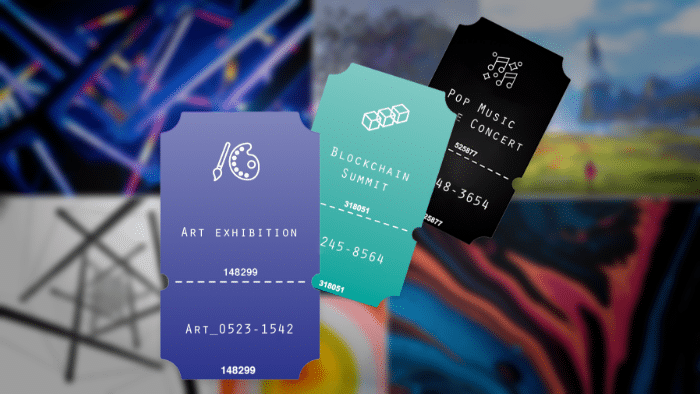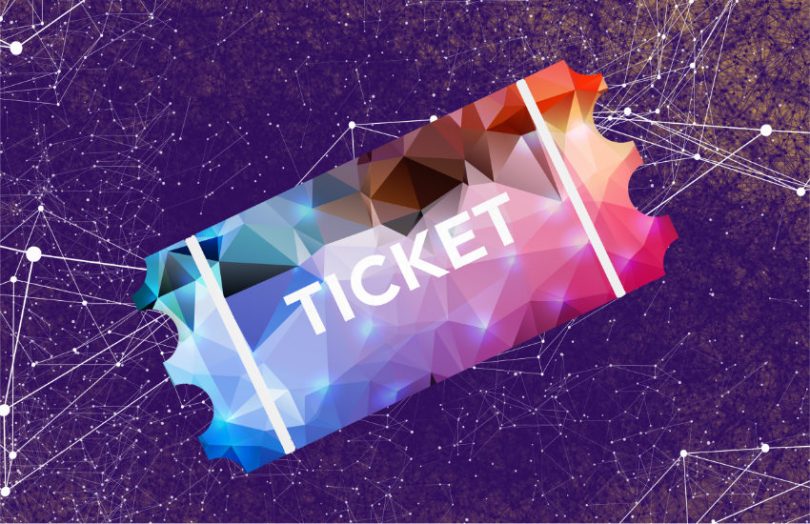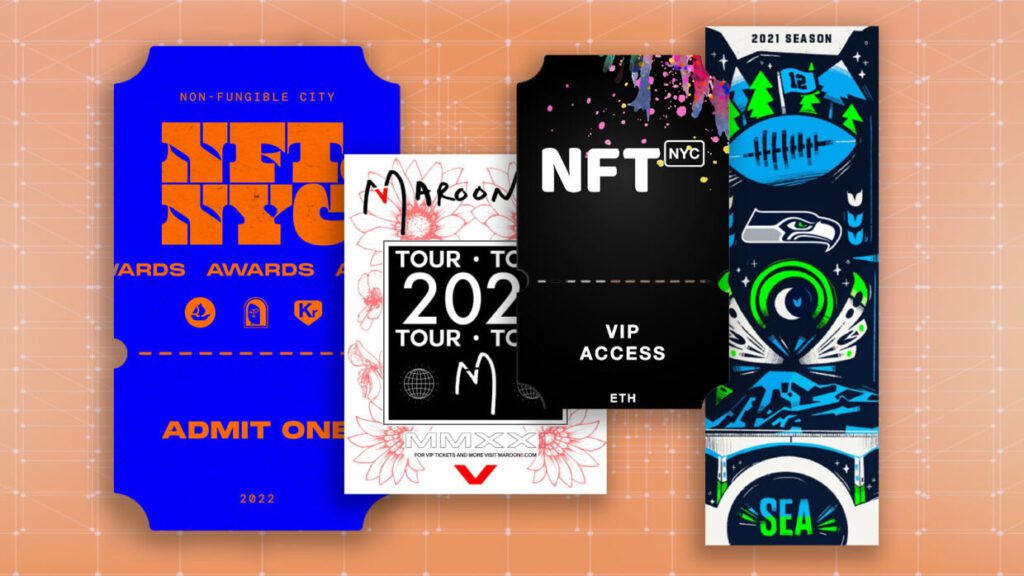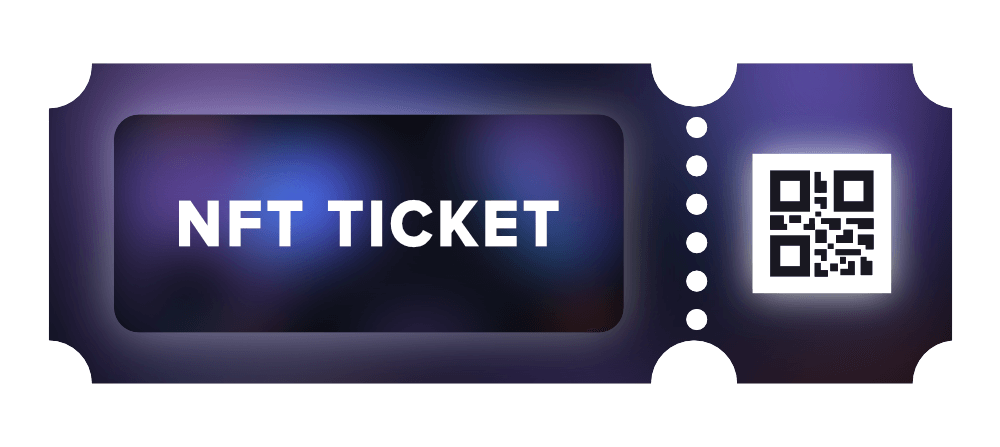NFT ticketing is an emerging concept that leverages blockchain technology to revolutionize the way we access and manage tickets for events. In this article, we will explore what NFT ticketing is, how it works, and the potential benefits it offers to event organizers, attendees, and the broader ticketing ecosystem. Get ready to dive into the exciting realm of NFT ticketing and its potential to reshape the future of event access.

Understanding NFT Ticketing

NFT ticketing, or Non-Fungible Token ticketing, is a novel approach to ticketing that utilizes blockchain technology and Non-Fungible Tokens (NFTs) to revolutionize the way event access is managed. Unlike traditional tickets that are physical or digital representations of a generic item, NFT tickets are unique digital assets that are verifiable, scarce, and indivisible.
NFTs are built on blockchain platforms, with Ethereum being the most commonly used network. Each NFT ticket represents a distinct token on the blockchain, carrying specific metadata such as event details, seat numbers, venue information, and more. The uniqueness and traceability of NFT tickets make them highly secure and resistant to counterfeiting.
The process of NFT ticketing involves several steps. First, event organizers create NFT tickets by minting unique tokens on a blockchain platform. They attach relevant information to each ticket, making it a complete representation of the event access. These NFT tickets are then made available for sale through online platforms or marketplaces.
When someone purchases an NFT ticket, ownership of the token is transferred to their digital wallet. The ownership transfer is recorded on the blockchain, ensuring transparency and immutability. The buyer can choose to keep the ticket or transfer it to another party, just like a physical ticket exchange.
Smart contracts, which are self-executing contracts with predefined rules, play a crucial role in NFT ticketing. Event organizers can embed smart contracts into the NFT tickets, specifying conditions such as transfer restrictions, resale rights, or access to exclusive event perks. These smart contracts automatically enforce the defined rules, providing a seamless and automated experience for both organizers and ticket holders.
On the day of the event, attendees present their NFT tickets stored in their digital wallets. The event venue or ticketing system scans the unique identifier of the ticket, verifies its authenticity and ownership by interacting with the blockchain, and grants access to the event based on the validated ticket.
NFT ticketing offers several advantages over traditional ticketing systems. Firstly, it enhances security and eliminates the risk of counterfeit tickets, as each NFT ticket is unique and cannot be replicated. The transparency and traceability of blockchain records ensure the authenticity and integrity of each ticket.
Additionally, NFT ticketing provides opportunities for secondary market transactions. Ticket holders can sell or trade their NFT tickets on various marketplaces, creating additional revenue streams and enabling ticket transfers in a secure and transparent manner. This opens up possibilities for fan engagement and ticket ownership beyond the primary sale.
NFT ticketing also offers scalability and flexibility for event organizers. They can easily create and manage a large number of NFT tickets without the need for physical production or distribution. The customizable nature of NFT tickets allows for different tiers, VIP access, or unique perks, providing a tailored and personalized experience for attendees.
NFT ticketing provides valuable data and analytics to event organizers. Through blockchain records, organizers can gain insights into ticket sales, attendee demographics, and behavior patterns, enabling them to optimize marketing strategies, improve event planning, and enhance the overall attendee experience.
NFT ticketing introduces a transformative approach to event access management, leveraging blockchain technology and NFTs to ensure authenticity, enhance security, and provide new opportunities for both event organizers and ticket holders. As this innovative ticketing method gains traction, it has the potential to reshape the future of event ticketing, creating a more secure, transparent, and engaging experience for all stakeholders involved.
How NFT Ticketing Works

The process of NFT ticketing involves several key steps that ensure the integrity and security of event access:
- Ticket Creation: Event organizers mint NFT tickets by creating unique tokens on a blockchain platform. They attach relevant metadata to each ticket, such as event details, seating information, date, and venue. This metadata ensures that the NFT ticket carries all the necessary information for event entry.
- Ticket Sale: NFT tickets are typically sold through online platforms or marketplaces. Buyers can use cryptocurrency to purchase NFT tickets, and each transaction is recorded on the blockchain, providing a transparent and immutable transaction history.
- Ownership and Transfer: Once a ticket is purchased, ownership of the NFT ticket is transferred to the buyer’s digital wallet. The buyer can hold onto the ticket or transfer it to another party, just like a physical ticket. The blockchain records the ownership history, enabling easy tracking of the ticket’s journey and ensuring authenticity.
- Smart Contract Integration: Smart contracts, self-executing contracts with predefined rules, play a crucial role in NFT ticketing. Event organizers can embed smart contracts into the NFT ticket, which automatically enforces event-related rules and conditions. These rules could include ticket transfer restrictions, resale conditions, or access to exclusive event perks.
- Event Access: On the day of the event, attendees present their NFT ticket stored in their digital wallet. The event venue or ticketing system scans the unique ticket identifier and verifies its authenticity and ownership by interacting with the blockchain. Once the ticket is confirmed, the attendee gains entry to the event.
Benefits of NFT Ticketing

NFT ticketing offers several benefits that have the potential to revolutionize the ticketing industry. Here are some key advantages of NFT ticketing:
- Enhanced Security: NFT ticketing provides a high level of security compared to traditional tickets. Each NFT ticket is a unique digital asset built on blockchain technology, ensuring its authenticity and preventing counterfeiting. The decentralized nature of blockchain makes it difficult for fraudulent activities to occur, giving both event organizers and attendees peace of mind.
- Elimination of Ticket Fraud: With NFT ticketing, the risk of ticket fraud is significantly reduced. Since each NFT ticket is verifiable and traceable on the blockchain, it becomes virtually impossible to produce counterfeit tickets. This protects event organizers from revenue loss and ensures that attendees can trust the authenticity of their tickets.
- Seamless Secondary Market: NFT ticketing enables a secondary market for ticket holders to sell or trade their tickets. This creates new opportunities for fans and collectors to engage with events and provides additional revenue streams for ticket holders. The transparent and secure nature of blockchain ensures that transactions in the secondary market are trustworthy and reliable.
- Scalability and Flexibility: NFT ticketing allows for scalability and flexibility in ticket sales. Event organizers can easily create and manage a large number of NFT tickets without the constraints of physical printing and distribution. NFT tickets can be customized to offer different tiers, packages, or perks, providing a personalized experience for attendees.
- Enhanced Fan Engagement: NFT ticketing opens up new avenues for fan engagement and interaction. Ticket holders can participate in exclusive events, access digital content, or receive special benefits tied to their NFT tickets. This creates a sense of exclusivity and strengthens the connection between event organizers and attendees, fostering a loyal fan base.
- Data and Analytics: NFT ticketing provides valuable data and analytics for event organizers. Blockchain records enable organizers to gather insights into ticket sales, attendee demographics, and purchasing patterns. This data can be used to improve marketing strategies, optimize event planning, and enhance the overall attendee experience.
- Environmental Sustainability: NFT ticketing reduces the environmental impact associated with traditional ticketing methods. By eliminating the need for physical tickets, printing, and shipping, NFT ticketing helps reduce paper waste and carbon emissions. This aligns with sustainability efforts and promotes eco-friendly practices in the event industry.
- Global Accessibility: NFT ticketing enables global accessibility to events. Since NFT tickets are digital assets, attendees from anywhere in the world can purchase and access tickets without the limitations of physical proximity. This expands the reach of events, allows for international fan participation, and creates a more inclusive and diverse audience.
- Integration with Digital Wallets: NFT tickets can be stored and managed in digital wallets, providing convenience and ease of access for attendees. Digital wallets allow ticket holders to keep all their event tickets in one place, eliminating the need for physical ticket handling and reducing the risk of loss or damage.
NFT ticketing offers a range of benefits, including enhanced security, reduced ticket fraud, secondary market opportunities, scalability, fan engagement, data insights, environmental sustainability, global accessibility, and integration with digital wallets. As NFT ticketing continues to evolve, it has the potential to transform the ticketing industry and provide a more secure, efficient, and engaging experience for both event organizers and attendees.
Conclusion
NFT ticketing represents a groundbreaking innovation in the ticketing industry, leveraging blockchain technology to ensure authenticity, enhance security, and provide new opportunities for ticket holders and event organizers. The unique nature of NFT tickets, combined with the transparency and traceability of blockchain, has the potential to eliminate ticket fraud, streamline event access, and foster a more personalized and engaging experience for attendees. As NFT ticketing continues to gain traction, it is likely to reshape the future of event access, creating a more efficient and inclusive ticketing ecosystem.
DISCLAIMER: The Information on this website is provided as general market commentary and does not constitute investment advice. We encourage you to do your own research before investing.
Join us to keep track of news: https://linktr.ee/coincu
Annie
Coincu News














